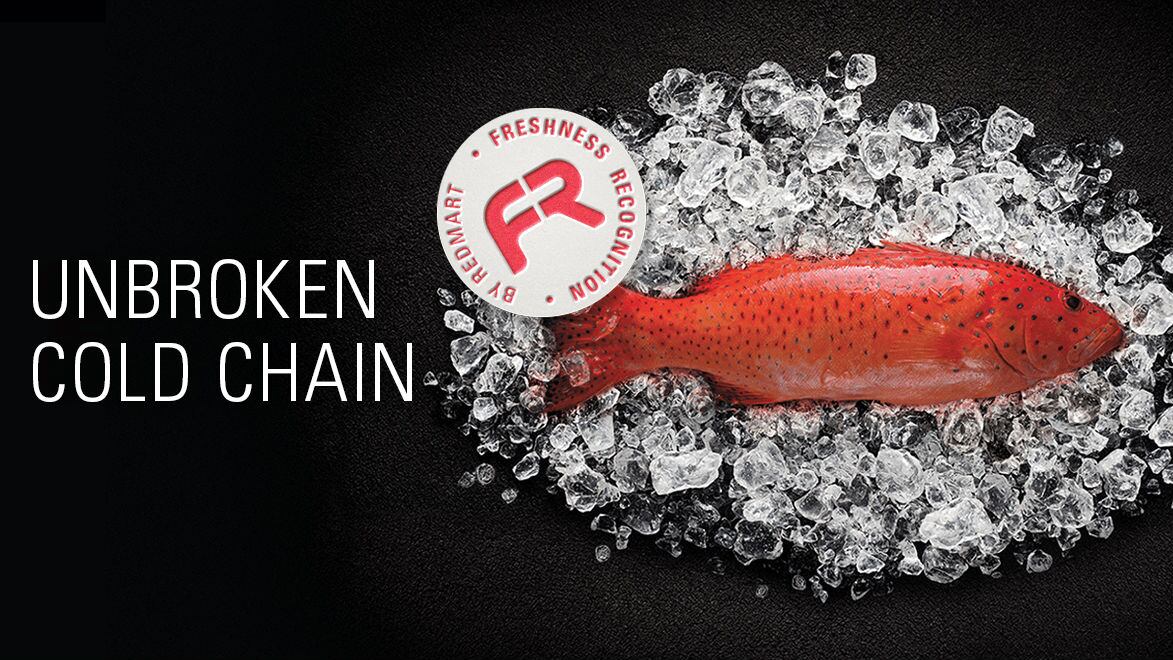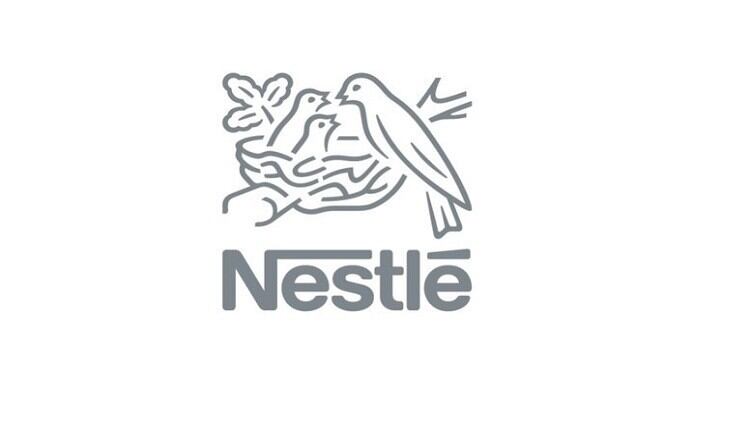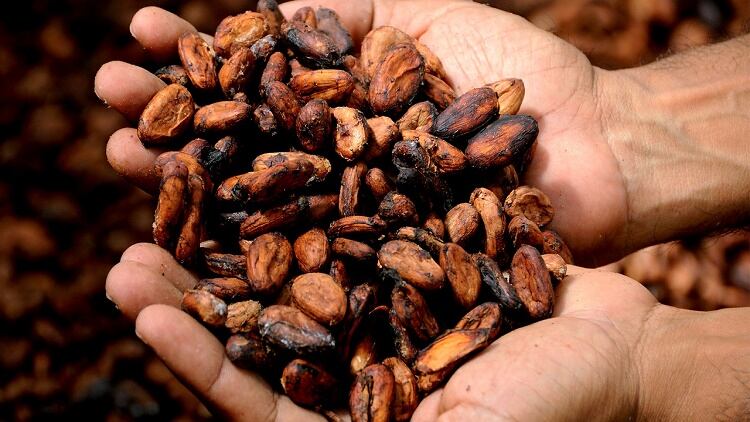The company was recently acquired by Lazada, which was previously acquired by online giant Alibaba. The customer-facing interfaces of Lazada and Redmart were merged last month.
According to Jamil Khan, Executive Vice President, Logistics of Lazada Singapore and RedMart, the company was one of the first online grocers in the world to choose not to use refrigerated trucks for delivering fresh groceries.”
Khan and his team conducted over 1,000 experiments with various cooling technologies and insulation materials before they settled on a more sustainable, cost-friendly solution.
“We first challenged the necessity of having a specialised cold-chain truck – why do you need a truck that is fully frozen or fully fresh all the way through, especially as it burns so much energy to maintain that coldness?” he said.
“[We decided to use] normal delivery trucks but lined our delivery totes with re-usable insulation and industry-grade ice plates. [This maintains] the optimum temperature for fresh groceries for up to over eight hours and right up to the customers’ door.”
The industry-grade ice plates need to be refrozen after each use, and this is performed in existing chambers already being used to store frozen products. The freezing process takes about 72 hours on average.
“We tailor according to delivery by using as many ice plates as necessary [depending on logistics and duration], and have also built a special material designed to contain temperature for a good 17 hours, the thickness of which will affect energy conservation.”
Optimisation as a priority
With hundreds of delivery trucks on the move daily, a substantial amount of fuel would be burned to maintain the cold environment if refrigerated trucks were used, even if the vehicle was idle or parked during deliveries.
“[Importantly, our technology has] also translated to significant savings, [both in terms of] fuel costs and not having to invest in costly refrigerated trucks, which are up to three times as expensive as regular trucks, as well as reduces our carbon footprint,” added Khan.
In addition to this, the company utilises an optimisation algorithm that helps to ‘minimise windshield time (time spent on the road)’ and ‘maximise efficiency [with] more targeted deliveries to specific areas within a specific timeframe’ to ensure that no time or fuel (for driving the vehicles) goes to waste.
Delivery reps are also provided with regular training and tips on more efficient driving and how to minimise fuel usage.
‘Unbroken cold chain’ as a value proposition
Redmart advertised its complete, unbroken cold chain as a value proposition via a ‘Freshness Recognition’ marketing campaign launched earlier this year. The campaign comprised of three videos entitled ‘Unbroken Cold Chain’, ‘Touch-Free Journey’ and ‘Quality Verification’ respectively.
Not a single word was uttered in any of the ads, but exaggerated visuals and situations were used to describe Redmart’s approach to each of these three concepts, dubbed. ‘FR Innovations’.
‘Unbroken Cold Chain’ in particular attempted to demonstrate how the company used ‘end-to-end temperature control’ to keep food as fresh as possible throughout the transportation process.
According to Redmart’s Freshness Promise website, the cold chain is kept ‘unbroken’, such that produce is ‘received, stored and delivered at the right temperature to ensure maximum freshness’.
The other two videos focused on the prevention of unnecessary handling (Touch-Free) to reduce ‘squeezing and damage’ as well as emphasizing its stringent quality control process.




